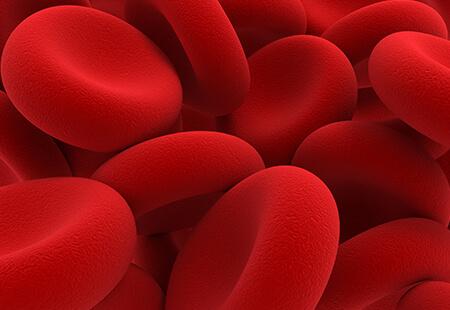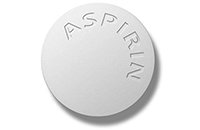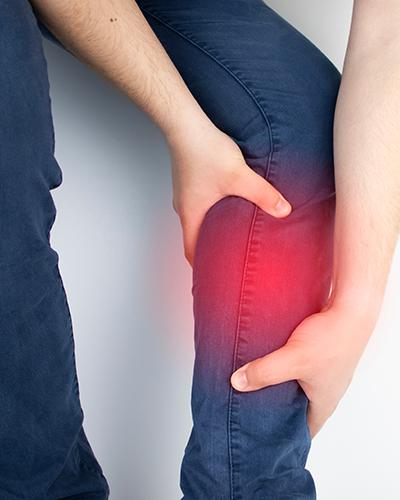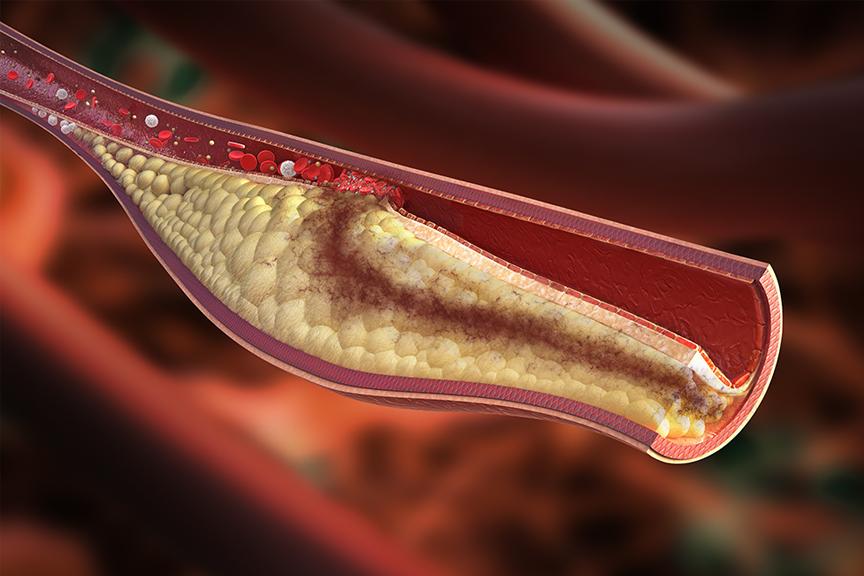What is Chronic Kidney Disease

Chronic kidney disease happens when your kidneys no longer filter your blood the way they should, so wastes and extra fluids accumulate in your body.
The two main causes of chronic kidney disease are diabetes and high blood pressure, which are responsible for up to two-thirds of the cases.
Everything you Need to Know about Blood Thinners

Blood thinners prevent the formation of blood clots and the associated life threatening conditions such as pulmonary embolism, heart attack or stroke.

Blood thinners are prescribed either for conditions known to promote blood clots (e.g atrial fibrillation, mechanical heart valve, major surgery, stents, atherosclerosis) or after a clot has been formed (e.g. arterial or vein thrombosis and pulmonary embolism) to prevent new ones. When a clot has been formed, blood thinners will not dissolve it; however as they keep it from growing, they allow time to the body to release substances (thrombolytics) that will eventually break the clot down.
There are two types of blood thinners, the antiplatelets (e.g. aspirin) and the anticoagulants (e.g. heparin, warfarin), each one targeting one of the two different blood-clotting reactions in your body.
While their indications may differ, anticoagulants are considered more aggressive drugs than antiplatelets and carry a higher risk of serious side effects.
 Antiplatelets
Antiplatelets
Antiplatelets are a group of medicines (e.g. aspirin, clopidogrel, prasugrel, ticagrelor) that stop blood cells (called platelets) from sticking together and forming a blood clot. While this is important to stop bleeding in case of an injury, it can be detrimental when occurring in vital blood vessels such the ones of the heart, the brain or the leg, leading to heart attack, stroke or foot gangrene respectively...
 Anticoagulants
Anticoagulants
Anticoagulants are drugs (e.g. heparin, warfarin, dabigatran, rivaroxaban, apixaban, edoxaban) that interfere in the normal clotting process of your body lengthening the time needed to form a blood clot. In particular anticoagulants block one of the elements (proteins) of the clotting reaction...

 Blood Thinners and Surgery
Blood Thinners and Surgery
By thinning the blood, there is a higher risk for bleeding. During surgery this can be a problem. But that is only half the problem. The opposite is also true. If you stop blood thinners before surgery to prevent bleeding you can get a clot...
8 Simple Steps for your Vascular Health

A few good choices can help you feel better and stay healthier. Cardiac and vascular health are the cornerstone of long quality living.

Getting diagnosed with health problems such as hypertension or high cholesterol is a wake-up call that it's time to make major lifestyle changes. The good news is that a few simple changes can help you avoid such a diagnosis in the first place.
By focusing on seven key health factors and behaviors, what the American Heart Association calls Life's Simple 7®, you can maintain your cardiovascular health:
Running for your Vascular and Overall Health!

Myths and reality on the fastest growing physical activity in the world.
Running is undergoing an unprecedented boom. All kinds of races (5K – 10K – half marathon, full marathon) or combinations with other activities (swimming or biking) have been popping up everywhere.

Some run for fun or because it is “trendy”, others run to fight their stress and others for their health. Indeed, exercise is undoubtedly the cornerstone of a healthy lifestyle. But how much running is enough, what are the real benefits and what are the risks?
 How often, how long, how fast is healthy?
How often, how long, how fast is healthy?
The benefit of leisure-time running in cardiovascular risk factor and overall health control is well established. Runners are less likely to experience high blood pressure, cholesterol problems, diabetes, strokes, certain cancers and even arthritis than the barely- or nonrunners.
 Is high intensity running harmful?
Is high intensity running harmful?
For someone hoping to become a better, faster runner and potentially get engaged in high intensity activities (e.g. marathon) no additional health benefits should be anticipated, but rather a slightly increased risk for heart problems, as well as for running-related injuries and disabilities.
 Is running harmful for my joints?
Is running harmful for my joints?
The idea that running is bad for your knees is a popular fitness myth. Contrary to popular belief, running does not cause arthritis or osteoarthritis later in life. The biggest risk factor for developing osteoarthritis is age and heredity, running or not.
 Is running good for weight loss?
Is running good for weight loss?
Runners have considerably lower prevalence of overweight and obesity than non-runners. While obesity is related to hereditary factors and high-calorie diets, running seems to mitigate their adverse effect on weight.
Page 2 of 3

















 Blood Pressure - Hypertension
Blood Pressure - Hypertension Blood Cholesterol - Hypercholesterolemia
Blood Cholesterol - Hypercholesterolemia Blood Glucose – Diabetes
Blood Glucose – Diabetes Smoking
Smoking Weight – Obesity
Weight – Obesity Diet
Diet Exercise - Activity
Exercise - Activity Sleep
Sleep